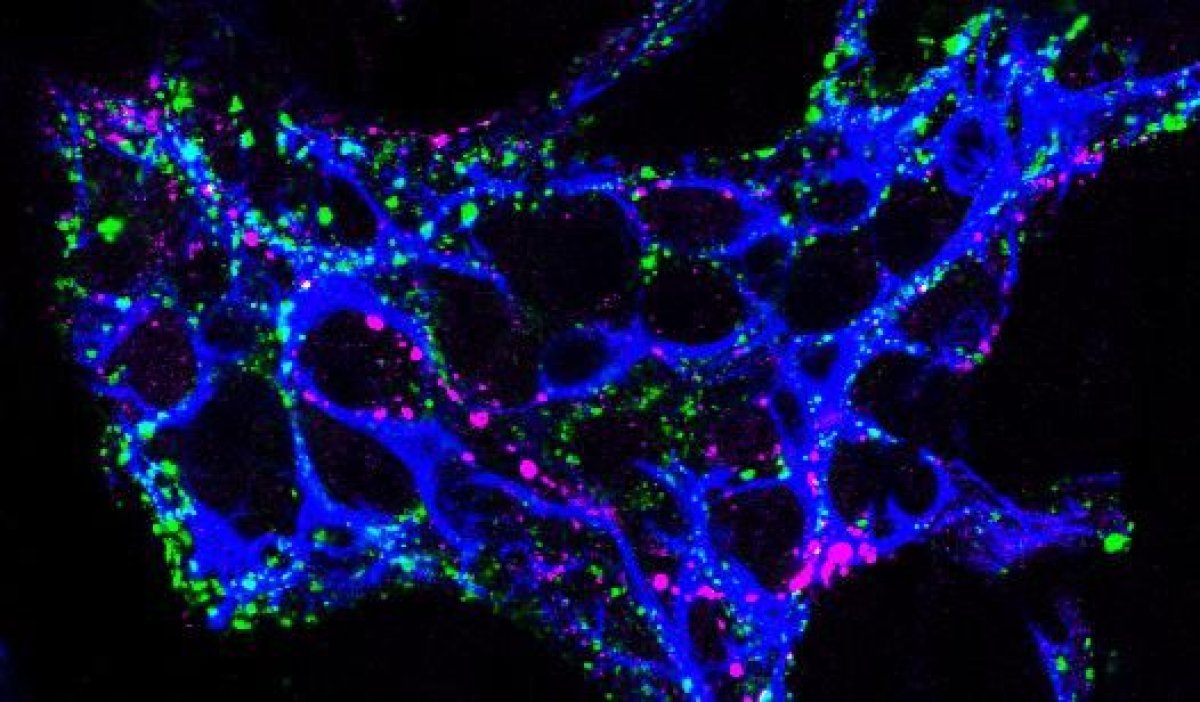Irritable bowel syndrome (IBS) is a condition of the digestive system that affects between 10 to 15 percent of the world's population. It's usually a lifelong problem and can have a big impact on a patient's everyday life, however, despite being so common, its causes remain unclear.
Now, researchers from Michigan State University (MSU) have cast light on the biological processes behind the disease, identifying an early cause of intestinal inflammation—one of the first stages of IBS—according to a study published in the journal Cellular and Molecular Gastroenterology and Hepatology.
The scientists uncovered how the interplay between different types of cells and substances in the gut has an important role in the development of intestinal inflammation.
Within our gut lies a "second brain" known as the enteric nervous system, which contains more neurons—nerve cells that transmit electrical impulses—than the spinal cord, explains Brian Gulbransen, a neuroscientist from MSU and senior author of the study.
"The enteric nervous system is an exceedingly complex network of neural circuits that programs a diverse array of gut patterns and is responsible for controlling most gastrointestinal functions," he said in a statement.
In addition to having a high number of neurons, this "second brain" also contains large quantities of a class of cells known as enteric glial cells, which are responsible for regulating inflammation.
The team found that certain molecular changes in the gut can create inflammation, creating the necessary conditions for IBS to develop. By studying mice, they demonstrated that substances called tachykinins—which can rapidly induce contractions of gut tissue—are a main driver of this inflammation.

But significantly, the inflammation can be exacerbated by a cascade of interactions between the tachykinins, neurons in the gut and the enteric glial cells. After inflammation occurs, the glial cells give off molecular signals to the neurons which can make the gut more sensitive, Gulbransen said
This new understanding could lead to new drugs that target these interactions and speed up recovery from inflammation.
"We hope we can turn them back to happy glia, reduce the sensitivity and return gut function to normal," Gulbransen added.
Uncommon Knowledge
Newsweek is committed to challenging conventional wisdom and finding connections in the search for common ground.
Newsweek is committed to challenging conventional wisdom and finding connections in the search for common ground.
About the writer
Aristos is a Newsweek science reporter with the London, U.K., bureau. He reports on science and health topics, including; animal, ... Read more
To read how Newsweek uses AI as a newsroom tool, Click here.








